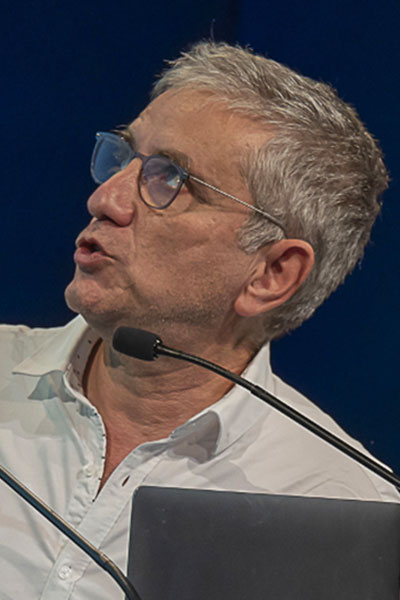
Beta-cell identity and function are key components in diabetes research. A session at the 83rd Scientific Sessions will address beta-cell identity from prenatal development to the end of a patient’s life.
Beta-Cell Identity from Prenatal Life to Death will take place on Sunday, June 25, at 4:30 p.m. PT in Ballroom 6D-E of the San Diego Convention Center.
Major progress has been made during the past 20 years on the production of insulin-producing cells from multipotent stem cells. This context raises a question about the next steps in research, mainly about whether the protocol can be further implemented through knowledge derived from the human fetal pancreas, said Raphael Scharfmann, PhD, Research Director at Inserm, Paris, France.
“Studying human fetal pancreas development is important as a basis to increase knowledge of human beta-cell development,” he said, noting it has been a focus of study for the past 25 years. “It can be used as a road map to further increase the strength of protocols that aim at making functional human beta cells from multipotent stem cells.”
Research on the development of the human fetal pancreas is also used as a basis to generate new tools for studying beta cells such as human beta-cell lines.
“We believe that such an increase in knowledge and tools is necessary to develop future strategies to treat and maybe one day cure patients with diabetes,” Dr. Scharfmann added.
Mark Huising, PhD, Professor in the College of Biological Sciences at the University of California, Davis, and Rafael Arrojo e Drigo, PhD, Assistant Professor of Molecular Physiology and Biophysics at Vanderbilt School of Medicine, will continue the timeline of beta-cell identity. Dr. Huising will discuss postnatal beta cells, and Dr. Arrojo e Drigo will discuss beta-cell aging.